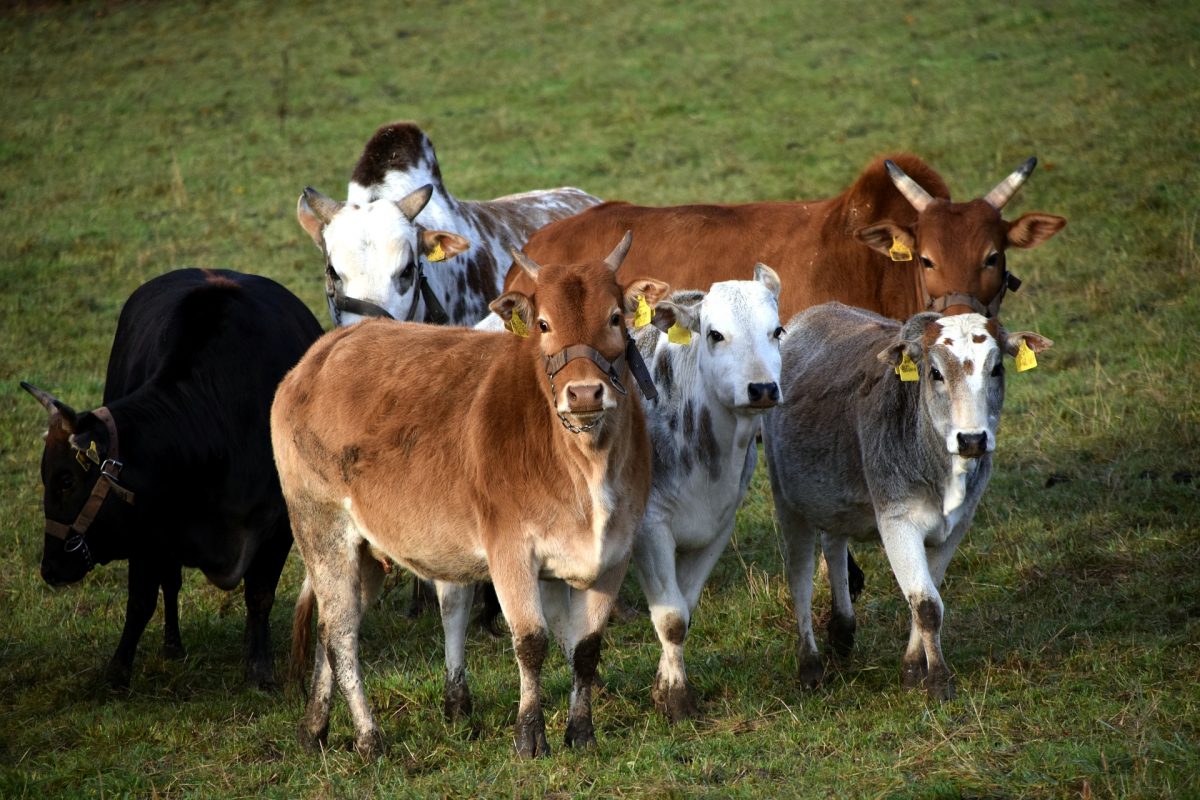Humans activity has influenced the loss of 83% of wild mammals, new study finds

May 23rd, 2018
Humans have caused the loss of 83 per cent of all wild mammals despite representing only 0.01 per cent of all living things, a new study shows.
The study, published in the journal Proceedings of the National Academy of Sciences (PNAS), gives details on the distribution of the biomass of all living things, and the impact humanity has had on other forms of life.
According to the study, the earth has lost 83 per cent of wild mammals, 80 per cent of marine mammals, 50 per cent of plants and 15 per cent of fish since the dawn of human civilisation.
The study says certain innovations such as the domestication of livestock, the adoption of agriculture and the Industrial Revolution contributed to increasing the human population and “have had radical ecological effects”.
Of all the mammals currently on earth, only four per cent are wild species. Sixty per cent consists of livestock, while humans make up the remaining 36 per cent.
These figures on the loss of animal life are larger than a previous study in 2017 that stated up to 50 per cent of all animal populations – amounting to billions of individual animals – had been lost in recent decades.
The previous study classed this decline as earth’s sixth mass extinction event, describing it as “biological annihilation”.
Professor Ron Milo, one of the main researchers of the study, told The Guardian that the study shows “the very dominant role that humanity plays on Earth”.
He also stated that our dietary choices have a large impact on the habitats of other organisms.
Some groups believe humanity’s impact on the Earth has been significant enough that we are in a new geological epoch: The Anthropocene, an age defined by humans.
Despite humanity’s large impact, it is extremely small in terms of its biomass compared to other forms of life on Earth.
The study shows that 82 per cent of all biomass is from plants, which is 7,500 times more than humans. Over 85 per cent of all biomass is found on land. Only one per cent is found in the oceans.
Despite potential uncertainties and variables in the data, the study was described to The Guardian by Paul Falkowski at Rutgers University as the “first comprehensive analysis of the biomass distribution of all organisms – including viruses – on Earth”.
The study used a variety of previous research papers to make its findings, and says it used next-generation sequencing and remote sensing tools “to probe the environment on a global scale with unprecedented resolution and specificity”.
[x_author title=”About the Author”]








